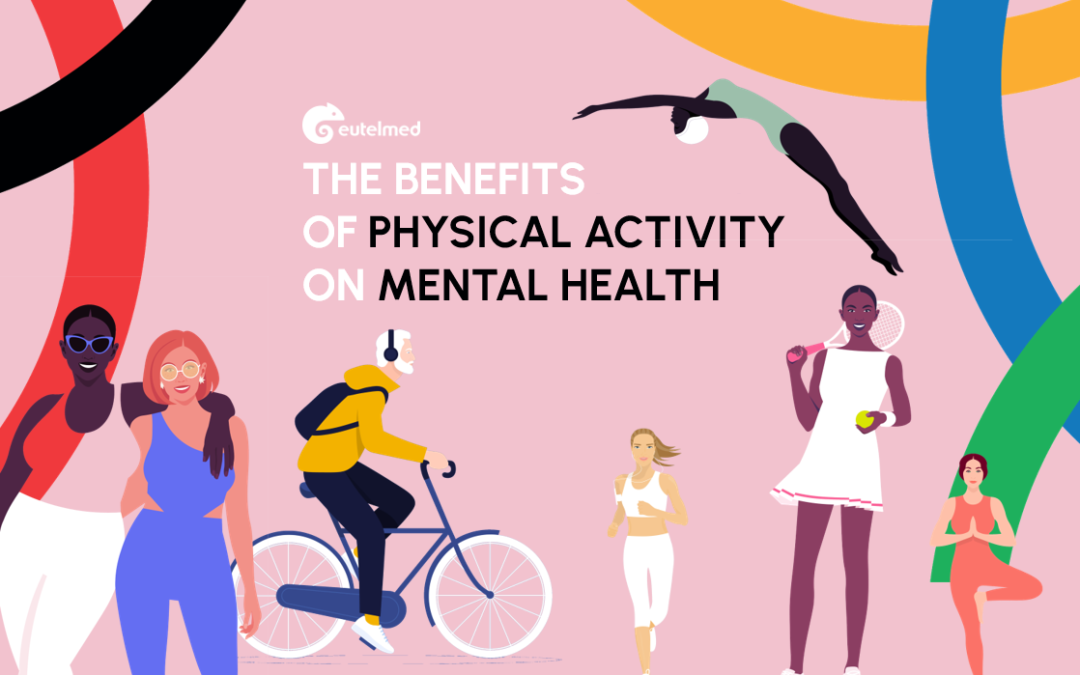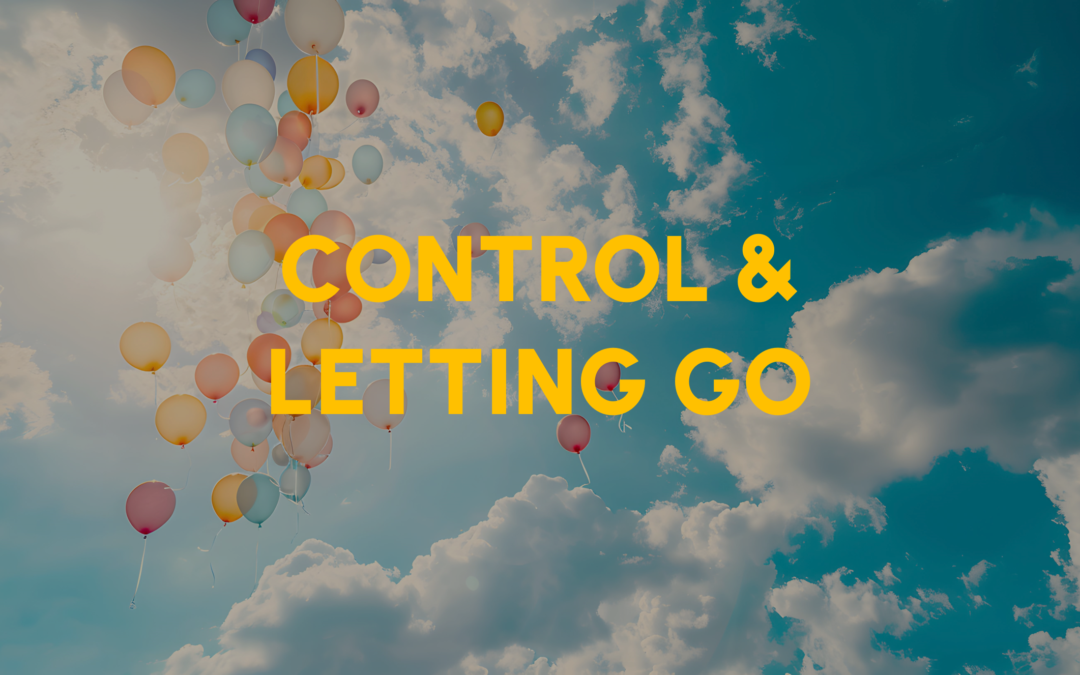Our ability to cope with situations varies according to our level of physical and psychological tiredness and any external factors that may affect us. Disagreements and stress affect our ability to keep our cool.
Can we manage our anger?
It’s not about avoiding feeling angry, because anger is healthy and necessary. It acts as a signal that a situation is not working for us or is causing us frustration, giving us the opportunity to change that situation.
It is therefore about recognising our anger, rather than controlling it, and being able to take a step back and change what is not working for us. However, acting in a moment of anger, and therefore impulsively, could prove detrimental to us, so it is important to regulate how this anger is expressed.
How to express our anger in a healthy way?
Choose non-violent communication: talk about how you feel without accusing the other person: it is better to start your sentence with “I” followed by what you feel, rather than with an accusatory “you”. You can then begin with an open-ended question such as “What do you think about…?” followed by an idea for a solution. Aggression cuts off dialogue, so communicate in a way that will make the other person want to hear what you have to say.
16% of employees say they often have to hide their feelings at work*.
*2016 survey published in 2019 by the DARES, Direction de l’Animation de la Recherche, des Études et des Statistiques
Being aware of our emotions
Anger is a natural part of life, but it is important to be aware of it so that it does not take over. Learn to detect when you’re angry and understand the reasons for it.
= Reduce the risk of it escalating
Take a step back to analyse the situation
Do not act or respond in anger. When you feel that you’re getting angry, remove yourself from the situation in order to calm down: leave the room, go for a walk. Once you have calmed down, you will have a clearer head.
= Words and actions will no longer run ahead of your thoughts
Activities that allow you to « let off steam »
Certain types of activities can help you to let off steam, such as practicing some form of sport, going to the theatre, etc.
Avoid stimulants such as coffee and disinhibitors such as alcohol.
= Less sensitivity to irritating stimuli
About the author
Marie worcel is a Clinical Psychologist and a Project manager at Eutelmed.
A graduate of the Ecole des Psychologues Praticiens, Marie worked in an adult psychiatric institution before joining Eutelmed in 2019. She is a psychologist on the helpline, provides clinical training to the teams and create psycho-education contents for our partners and clients. In addition to her mission on the helpline, she supports organisations in the deployment of prevention solutions and also intervenes in sensitive situations (collective and individual crisis management). Finally, she participates in Eutelmed’s diagnostic and audit activities.








